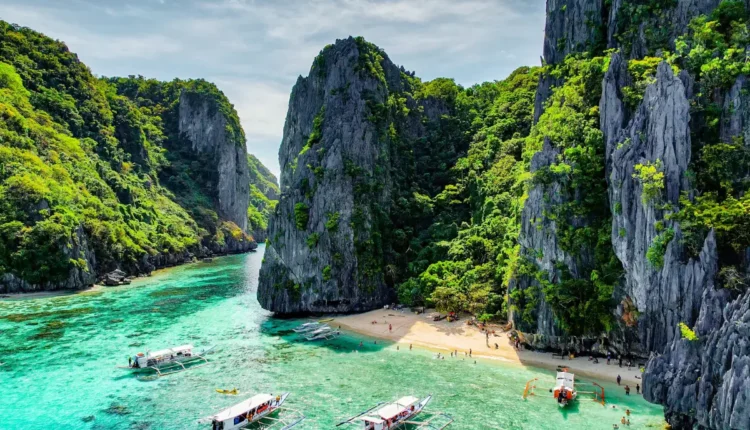Philippines Launches Digital Nomad Visa to Boost Tourism and Attract Remote Workers
Philippines Taps Remote Work Trend with Innovative Digital Nomad Visa
In a fresh move to strengthen its tourism industry and adapt to the evolving global work culture, the Philippines is preparing to roll out a Digital Nomad Visa scheme. According to official reports, the initiative, championed by President Ferdinand Marcos Jr., is designed to welcome foreign professionals who can work remotely while soaking up the beauty and vibrant culture of the Philippine archipelago.
Philippines Digital Nomad Visas
Under the landmark directive, the Department of Foreign Affairs (DFA) has been authorized to issue Philippines Digital Nomad Visas valid for up to one year. To qualify, applicants must prove they have a stable source of income and must come from countries that maintain reciprocal visa arrangements with the Philippines. This ensures a fair and balanced flow of global talent while safeguarding domestic job opportunities.
With this bold initiative, the Philippines joins a growing list of countries like Portugal, Estonia, and Barbados that are reimagining tourism by embracing remote workers. Despite global shifts toward reinstating traditional office spaces, the Southeast Asian nation recognizes that the future of work is flexible, borderless, and powered by technology.
“By tapping into the remote work trend, we are not only reviving our tourism sector but also introducing a new demographic to our shores,” said a spokesperson for the DFA. “These visitors will live here, spend locally, and contribute to our communities without competing in the local employment market.”
The timing couldn’t be more crucial. Although tourism revenue in the Philippines has made a strong recovery post-pandemic, the number of foreign visitors still lags behind pre-2020 figures. Officials are confident that the Philippines Digital Nomad Visa will bridge this gap, providing an economic uplift and infusing the tourism sector with renewed energy.
Government figures show that tourism contributed 8.6% to the country’s gross domestic product (GDP) in 2023. By inviting digital nomads to live and work amid its stunning islands, lush mountains, and dynamic cities, the Philippines aims to drive that number even higher. From pristine beaches in Palawan to bustling co-working spaces in Manila, the country offers an irresistible backdrop for remote professionals seeking both productivity and adventure.
Adding to its list of innovations, the Philippines recently launched a streamlined electronic visa (e-Visa) system for Indian travelers. This new digital platform, spearheaded by the DFA, eliminates the need for in-person embassy visits, making the visa process faster, simpler, and entirely online.
Following a successful beta testing phase in 2023, Indian passport holders can now visit evisa.gov.ph, complete their application forms, pay securely via direct bank transfer, and receive their visa electronically. This move underscores the Philippines’ commitment to making travel more accessible and frictionless for international visitors.
Also Read : Sourav Chatterjee: The Indian Mathematician Transforming Random Structures and Beyond

